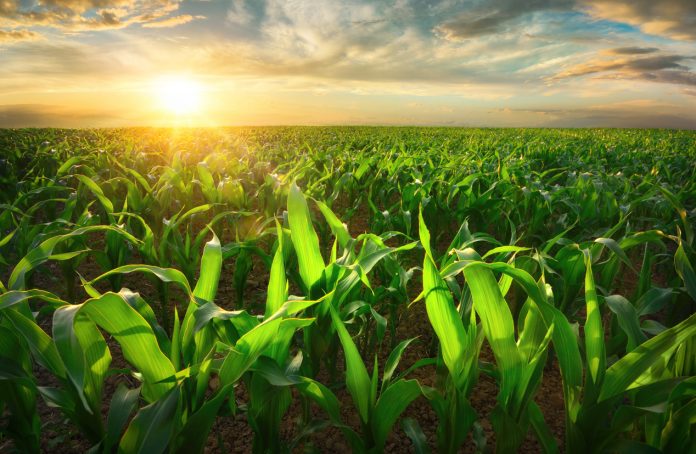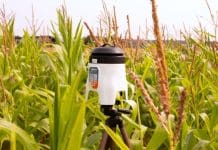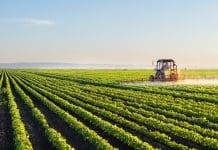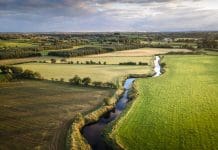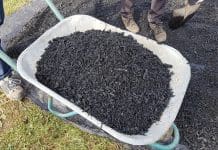The UK government has allocated £150 million in Capital Grants to over 8,000 farmers across England, supporting environmental improvements and sustainable farming practices
The UK government has successfully distributed £150 million in farming grants to over 8,000 farmers across England. This funding, provided through the Capital Grants scheme, supports various environmental improvements, including hedgerow planting, enhancements to water and air quality, and natural flood management. The application window closed just five weeks after it opened due to high demand.
Sustainable food production and environmental improvement
More than 8,000 applicants registered for the funding in just five weeks, marking the fastest uptake ever for this offer. Updated funding thresholds allowed more farmers to access support as they strive for sustainable and environmentally friendly farming practices compared to previous years.
Grants aimed at reducing the impact of farming on water quality have gained popularity. These funds assist farmers in upgrading their yard proofing to minimise agricultural runoff and installing fencing to keep livestock away from watercourses. The government is dedicated to supporting farmers in mitigating their impact on waterways. These grants enable farmers to produce food in a way that is mindful of river catchments and contributes to reduced water pollution.
Minister for Food Security and Rural Affairs, Daniel Zeichner, said: “I am delighted to see such strong demand in our Capital Grants offer, and strong momentum behind nature-friendly farming.
We know that for farm businesses to thrive, they need to be profitable, and we will ensure that every penny of the budget reaches farmers as part of the government’s Plan For Change.”
Enhancing biodiversity
The funding will also help farmers enhance biodiversity, with grants for hedgerow planting and laying, creating and restoring important habitats for wildlife. Grants will also promote sustainable farming practices by funding practical environmental improvements, such as planting shelterbelts to improve air quality, that benefit both nature and long-term farm resilience.
Defra has published updates for farmers and land managers when key milestones for uptake were reached, to improve communication with the farming sector.
The government is committed to environmental land management schemes and sustainable food production. Over the next 4 years, funding for Environmental Land Management schemes, paid directly to farmers, will increase 150% from £800 million in 2023/24 to £2 billion by 2028/29.
The Countryside Stewardship Higher Tier scheme will also open for applications in September to those who have been invited to apply, and there will be an update on the Sustainable Farming Incentive reformed offer. These scheme will provide funding to farmers and land managers for actions that protect or enhance the environment and help mitigate climate change. It supports work on farmland, woodland, and land managed for nature, including protected or historic sites like SSSIs, commons, woodlands, and scheduled monuments.
The government is investing a record £11.8 billion in sustainable farming and food production throughout this parliament. In addition to farming schemes, the government is reducing costs and cutting red tape for food producers looking to export to the EU. Former NFU president Baroness Minette Batters has been appointed to recommend reforms that will increase farmers’ profits. We are also working to ensure that farmers receive a larger share of food contracts in schools, hospitals, and prisons.

